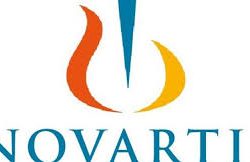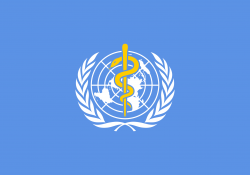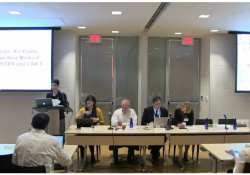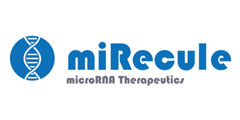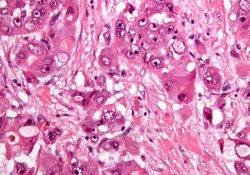2017: Kymriah, the Novartis $475,000 CAR T treatment, received 50 percent Orphan Drug tax credit on trials
Missing in the reporting on the Novartis price for Kymriah, its new $475,000 CAR T treatment, is that Novartis received an Orphan Drug designation in February 3, 2015, and sequently received a tax credit subsidy from the United States equal to 50 percent of the cost of qualifying clinical trials.
From the FDA database on Orphan Designations:
https://www.accessdata.fda.gov/scripts/opdlisting/oopd/detailedIndex.cfm?cfgridkey=463114
